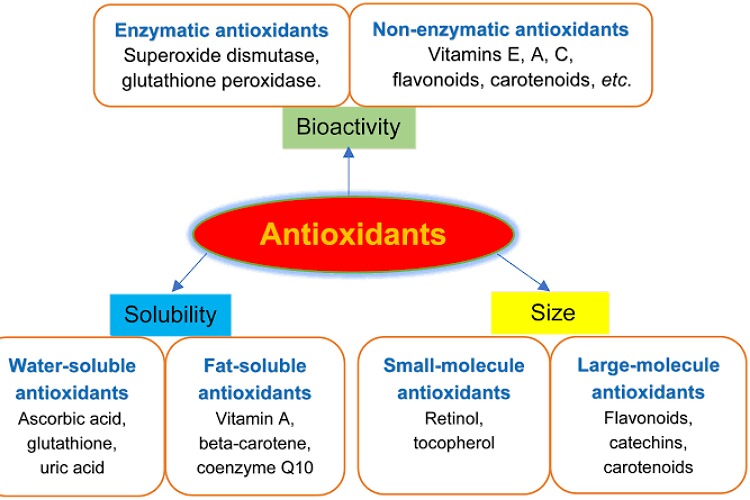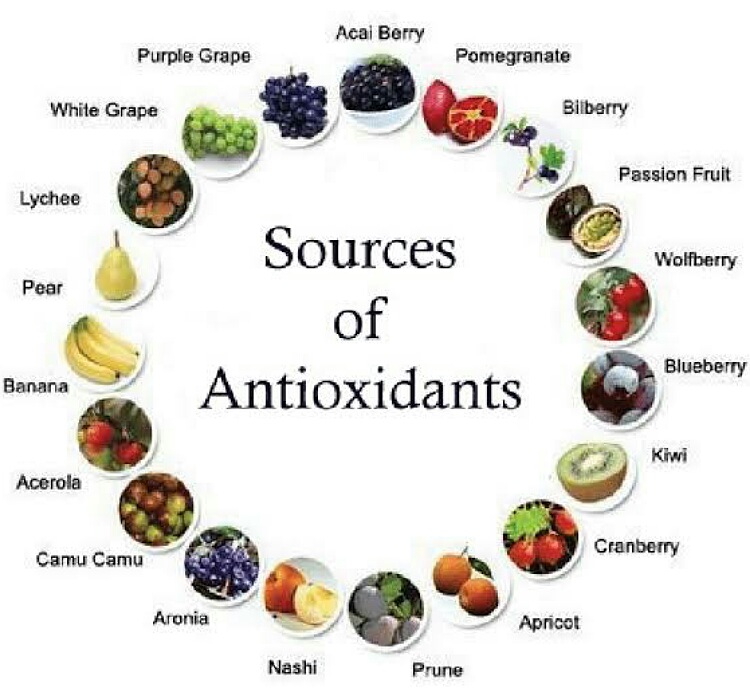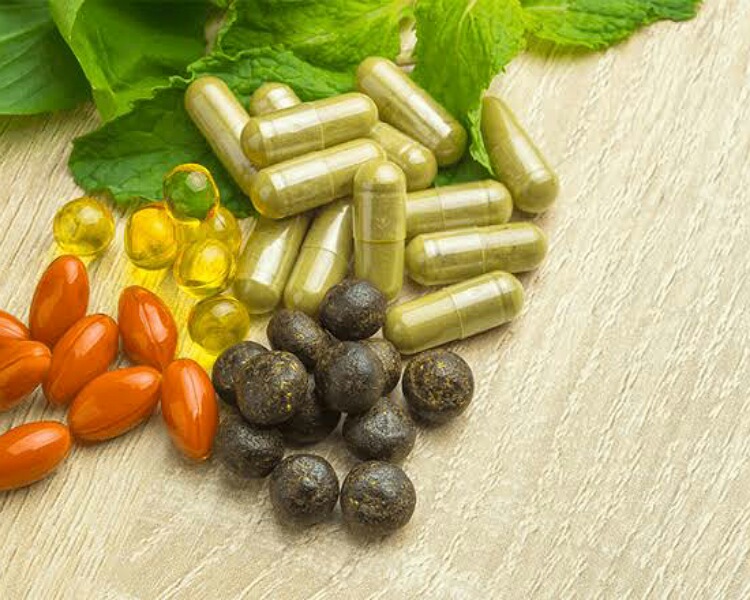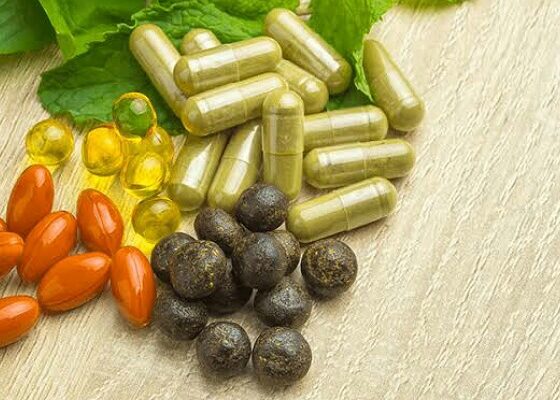Antioxidants are found naturally in certain plant based foods. They mop up the damaging free radicals in the body and are thus beneficial for health. They are also available commercially as supplements for oral consumption. How do these antioxidant supplements fare when compared with the natural sources of antioxidants?
What are antioxidants?
Antioxidants are substances that act against and prevent oxidation of other compounds. In other words, they prevent the transfer of electrons from one compound to another compound. And in the process, damage to the losing compound is averted.

In our body, certain free radicals are produced. These come from our body’s cellular activity and also due to the digestive process. Moreover, these free radicals also are the result of smoking and air pollution.
Studies have shown that these free radicals cause damage to the cells and tissues of our body. And they lead to chronic illnesses such as heart disease, stroke, Alzheimer’s disease and cancer. These free radicals are unstable molecules and in order to achieve stability they rob body cells of electrons and cause damage to them. And several types of diseases result.
Natural sources of antioxidants vs antioxidant supplements
There are a number of studies that have been carried out on antioxidants as supplements and their effects on the body. But the results have been mixed.
There is one Women’s Health Study in which 39000 women took either 600 IU of vitamin E or a placebo on alternate day for 10 years. The incidence of heart attack, stroke and cancer in both groups was similar. However, the vitamin E group had 24% lower rate of death due to heart attack and stroke. This implies that vitamin E supplements did not help in prevention of chronic health problems in the user.

Another large study was done on men who were heavy smokers. These recruits were given either beta-carotene supplementation or a placebo. But unfortunately, the study was prematurely aborted because there occurred a high rate of lung cancer in the group that took the beta carotene supplementation.
These studies reveal that natural sources of antioxidants are more effective when compared to these antioxidants in supplement forms. This inefficacy of the supplement antioxidants could be due to the x factor. For instance, when we eat the natural sources, we get antioxidants as well as the dietary fiber. And the benefit comes from both rather than only the antioxidant. Thus, x factor is the combination of the nutrients to produce the beneficial effect or the factor could be some unknown nutrient that remains unidentified still.
Food sources and antioxidants
Vitamin A or its precursor beta carotene: colored vegetables and fruits such as carrots, spinach, pumpkin, winter squash, broccoli, sweet potatoes, cantaloupe
Vitamin C- oranges, lemons, cantaloupe, broccoli, grapefruit, kohlrabi
Polyphenols- in chocolates, red wine, red grapes, coffee, legumes

Lutein- egg yolk, spinach, kale
Selenium- pork, beef, turkey, shellfish, chicken, fish, seeds, nuts, soy products
Manganese- nuts, beans, spinach, pineapple
Thus a diet containing fruits, vegetables, legumes, beans, whole grains, lean protein, nuts, seeds and healthy fats is ideal and will ensure overall health.
